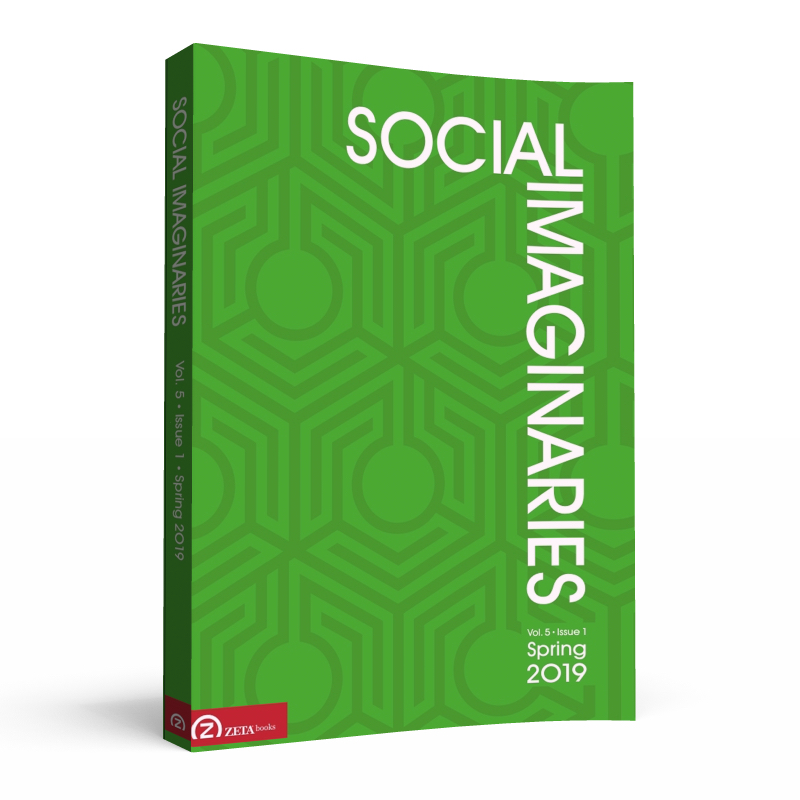Absolute Imagination: the Metaphysics of Romanticism
Absolute Imagination: the Metaphysics of Romanticism
Author(s): Gregory S. MossSubject(s): Philosophy, Poetry, German Literature, German Idealism
Published by: Zeta Books
Keywords: Romanticism; Schlegel; Novalis; Schelling; Poesie; Creative Imagination;
Summary/Abstract: Carnap famously argued that metaphysics unavoidably involves a confusion between science and poetry. Unlike the lyric poet, who does not attempt to make an argument, the metaphysician attempts to make an argument while simultaneously lacking in musical talent. Carnap’s objection that metaphysics unavoidably involves a blend of philosophy and poetry is not a 20th century insight. Plato, in his beautifully crafted Phaedo, presents us with the imprisoned Socrates, who having been condemned to death for practicing philosophy in the Apology, has a dream in which he realizes that he ought to make music. In this dialogue, however, Plato indicates no hint of the scorn that Carnap has for metaphysics— rather Socrates’ friends find him setting Aesop’s fables to verse. In the modern era, Nietzsche re-introduced the ‘music making Socrates’ in his Birth of Tragedy. But Nietzsche is not the first to revive the concept in modern philosophy. Before Nietzsche’s call for a new music-making Socrates, the early German Romantics, in particular Schlegel, explicitly called for the identification of poetry and science in the concept of Poesie. As Schlegel writes: ‘Alle Kunst soll Wissenschaft werden, und alle Wissenschaft Kunst werden; Poesie und Philosophie sollen vereinigt sein.’ On the one hand, in Ion Socrates is not wrong to critique Ion for not knowing the significance of his own work. On the other hand, Socrates himself recognizes in Phaedo that he is guilty of failing to heed the call to make music. Long misunderstood, the Romantic concept of Poesie is not mere irrationalism, for it offers an aesthetic metaphysics of the Absolute. Romanticism is indeed a philosophy of the Absolute, but one which cannot conceive of any solution to the profound impasses that confront philosophical knowing except by learning to make music.
Journal: Social Imaginaries
- Issue Year: 5/2019
- Issue No: 1
- Page Range: 57-80
- Page Count: 24
- Language: English
- Content File-PDF

